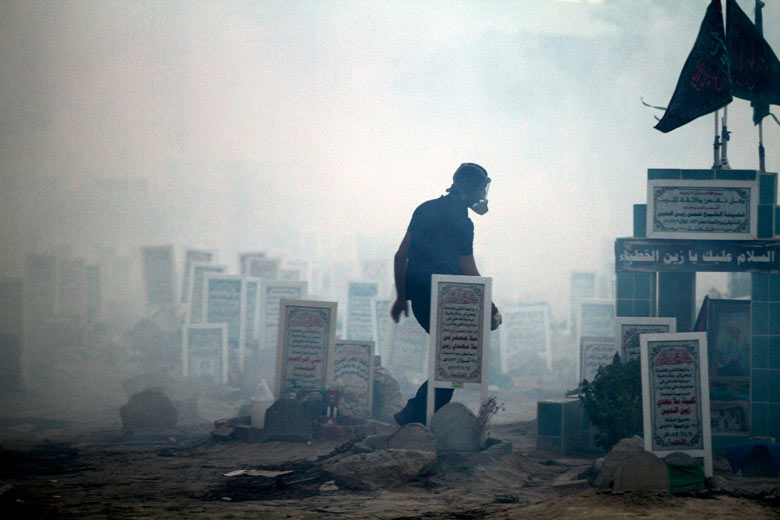Natalie Cassedy
March 21, 2013
An article from Time Magazine
published in 2009 accurately describes the ethnic makeup in Iran, and the
conflicts that occurred during the last election year. In late 2009, only a few
months after the presidential elections, there was a suicide bomber who killed
42 people in the Southern province of Sistan-Baluchistan. The Iranian government
attempted to blame outside forces, such as the U.S. or Pakistan, but an ethnic
group called the Baluch took responsibility for the attack. The goal of the
attack was to kill officers of the Revolutionary Guard Corps. The attack was
successful in killing five members, and there were also thirty-seven civilian
casualties.
Iran is a country that has a
majority Persian population. Fifty-one percent of its population is Persian therefore;
they are able to hold the majority of political seats. However, there are many
ethnic groups that represent a significant portion of Iran’s population, and
the Baluch are one such group. They represent nine percent of the population.
These ethnic groups at times have felt oppressed by the government. They feel
as if they are not properly represented in the government, and this is where
the conflict arose.
It is important to look at these
types of ethnic conflicts in Iran, because at times ethnic conflicts can lead
to political violence. Erik Cederman argues that ethnicity can be a cause of
civil war. When groups feel under represented they will either fight for better
representation in their states government, or if they have enough resources
they will fight to be separate from the state altogether. However, if there are
many ethnic groups fighting then many civil wars could potentially break out,
which would increase instability in the region.
It is important for the Iranian
government to remember this conflict, especially since they have elections this
upcoming summer. If the various ethnic groups within the state feel as though
the results of the elections do not portray their interests, more conflicts
such as the suicide bombing are likely to occur. The international community should
keep informed on the state of Iran because they are looking to become a nuclear
power. If there is internal instability in the region then security on the
nuclear materials could be lacking and there is a higher probability of them
being stolen. It is dangerous for a any nuclear state to have political unrest.
Source:
Robert Baer. Time Magazine. October 21,2009
http://www.time.com/time/world/article/0,8599,1931402,00.html

